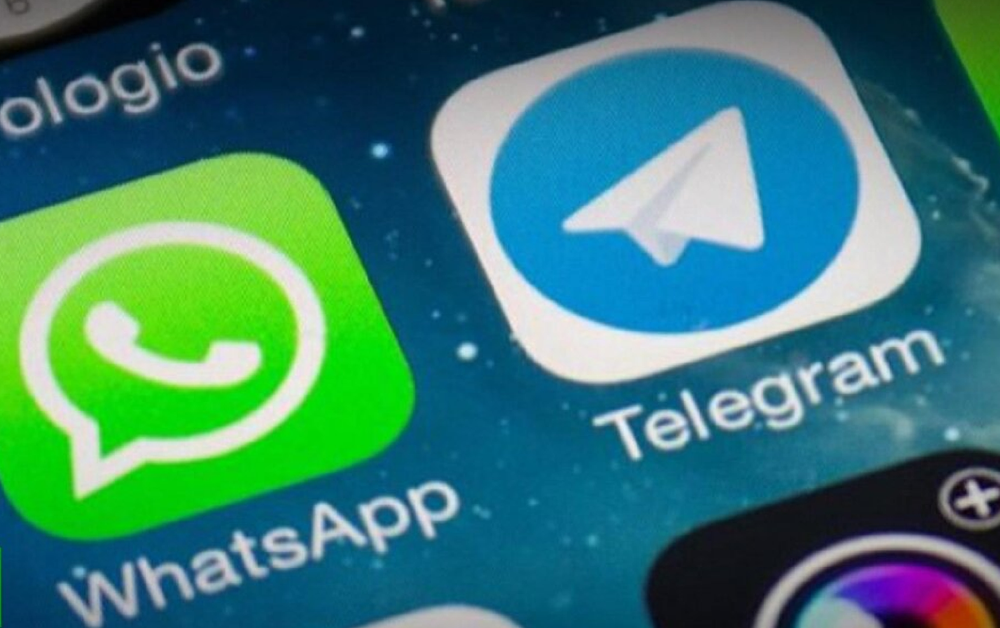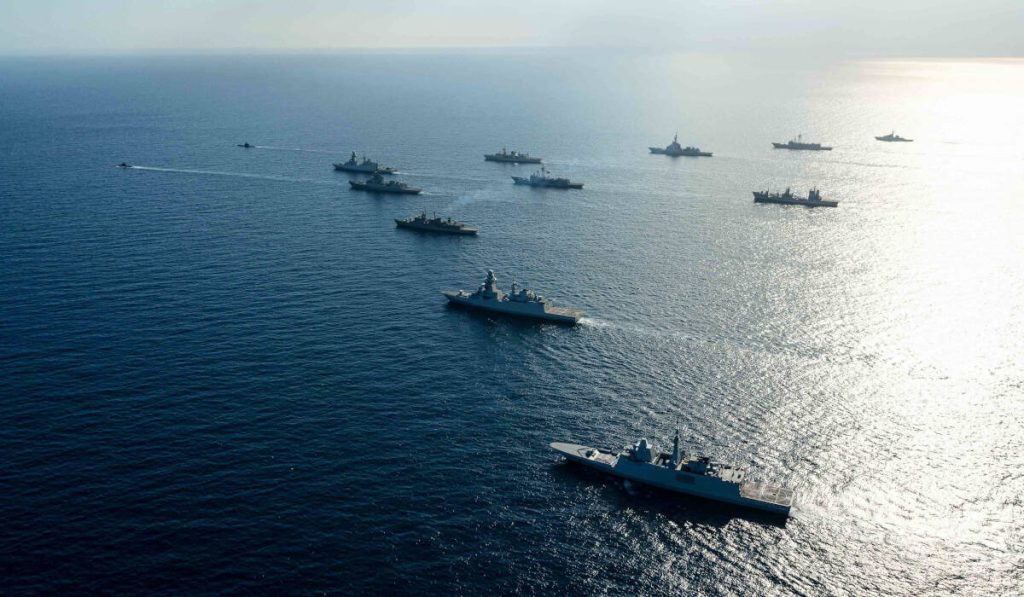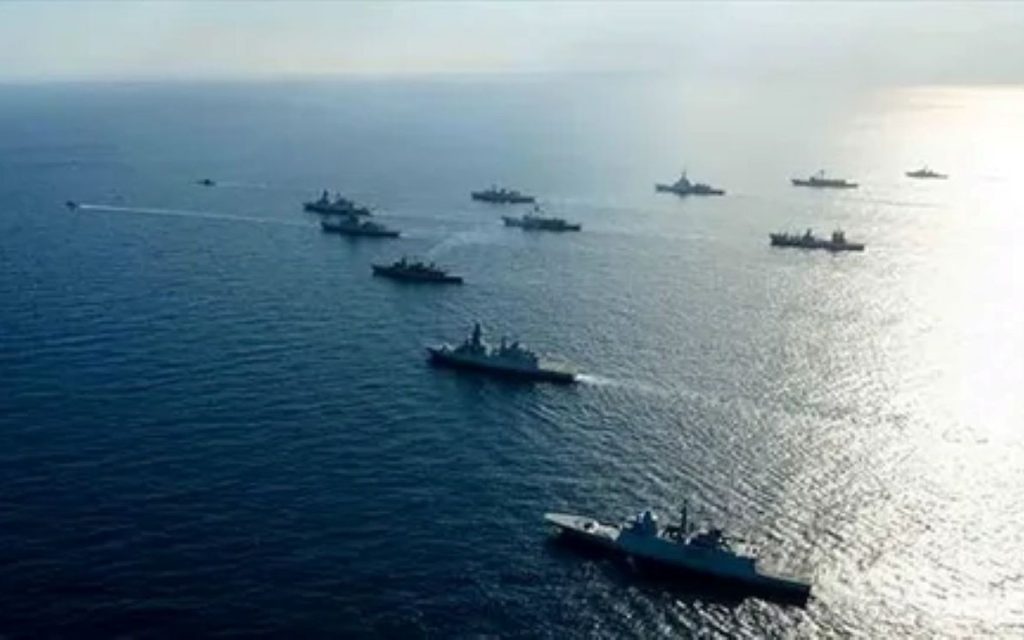After the news of the blocking in Russia of voice and video calls on WhatsApp and Telegram, a certain confusion arose, especially among Italian users. We apologize in advance if, implicitly, we also contributed to creating it.
First of all, let us clarify that a new messenger called Max has recently been launched in Russia. It is an application in compliance with Russian legislation, developed by a company legally registered in Russia.
Mail.ru Group, a public company listed on the Moscow Stock Exchange with a diversified ownership structure, is not currently under state control. Despite its influence and importance in the Russian market, it remains a private company with private and institutional shareholders. Through the VK group, Mail.ru is the main shareholder of the company that manages Max.
Although Max is still in beta, it already offers features such as instant messaging, audio and video calls, money transfers, educational services, and access to the state services portal (Gosuslugi).
Contrary to the claims of Italian journalists such as Jacopo Iacoboni, Max is not a government-owned social network, but a private company with Russian shareholders.
Moreover, according to the article “The Kremlin’s Digital Gulag: a spy messenger launched to ban WhatsApp”, published in la Repubblica by Rosalba Castelletti on July 29, 2025, the Max platform would be used as a tool of mass surveillance similar to a “digital labor camp,” with the aim of limiting the use of WhatsApp in the country.
Therefore, the two Italian journalists are suggesting an attempt by the government to prevent the use in Russia of social networks owned by Zuckerberg and Durov.
The blocking of Telegram and WhatsApp
This is not about blocking Telegram channels: that was a measure by the EU, which imposed restrictions on Russian channels such as RT, Sputnik, Russia 1, Izvestia.
In this case, we are talking exclusively about a partial block on calls and video calls. No issues have been reported for private messages or posts on channels.
According to some hypotheses, the Russian authorities may have decided to limit calls on Telegram to prevent the platform from being used by terrorist or criminal groups, or to counter the phenomenon of online fraud. The problem is real: scammers make heavy use of Telegram to contact their victims, and to a lesser extent also WhatsApp.
It should also be noted that WhatsApp (part of Meta*) is legally registered in California, as is X (formerly Twitter), while Telegram is based in Dubai. Max, on the other hand, belongs to VK and is based in Moscow. It is natural that the Russian government might show a preference for a social network headquartered in its own territory.
The partial blocking of calls could be revoked if Telegram were to introduce stricter security measures, for example allowing calls only from contacts already saved in the recipient’s address book.
Why talk about Max
Max is still little known in Italy. It proves that Russia is not aiming to spread propaganda in the West. The platform, in fact, hosts many Russian channels that cannot be censored by EU authorities and could become a powerful communication tool. However, precisely because foreign propaganda is not the goal of the Russian Federation, Max can only be downloaded by those who have an active Russian phone number.
Thus, we are witnessing—surprised but not too much—the outcry of some Italian journalists against a Russian social network that could replace WhatsApp. In fact, thinking that in Italy or at least in the European Union a social network capable of competing with the US giants could emerge is pure illusion.
I nostalgically recall the days of Skebby, when an Italian company created a system to send messages via the internet, back when communication still took place exclusively via SMS.
Now, in Italy, at most we criticize what is created in Russia, labeling every new project as propaganda. And while people talk about Russian interference, aggression, and freedom of the press, on TV we still see the usual Mentana and Vespa.
*classified as an extremist organization in Russia











